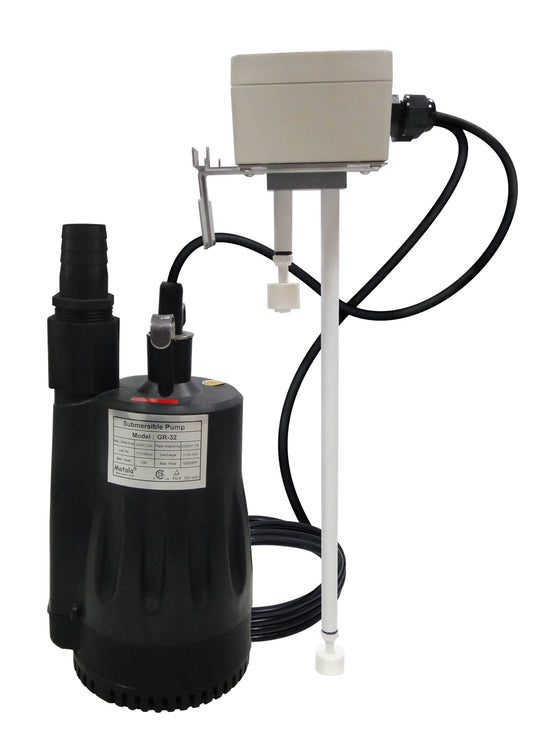
Tiny Houses & Greywater Systems
Sam WilhoitTiny Houses & Greywater Systems: A Sustainable Match
Tiny houses aren’t just a trend — they’re a lifestyle revolution. Over the past decade, tiny house living has surged in popularity by over 200%, driven by rising housing costs, environmental awareness, and a growing desire for simplicity and self-sufficiency.

Why Tiny Houses Appeal to Modern House Dwellers
The average American home is about 2,600 square feet and costs around $254,000. In contrast, a tiny house typically ranges from 100 to 400 square feet, with prices starting as low as $5,000. Most are customized and built with compact fixtures and sustainable materials, often without the burden of a traditional mortgage. In fact, 68% of tiny house owners live mortgage-free.
Tiny homes are not only more affordable — they’re a more sustainable option. They consume significantly less energy (about 774 kilowatts per year compared to 12,744 in a standard house) and drastically reduce water waste and your carbon footprint. Whether built on wheels or with a permanent foundation, these homes prioritize energy-efficient designs, rain catchment systems, and compact washing machines.
Greywater: A Key to a Sustainable Lifestyle
To live off-grid or reduce your reliance on city water, understanding your types of wastewater is crucial. There are two: black water (from toilets) and greywater (from bathroom sinks, showers, and washing machines). Many tiny house owners install composting toilets or bucket composting toilets, eliminating the black water waste issue entirely.
But greywater — lightly used water from non-sewage sources — still presents a challenge. Dirty greywater may contain soap, hair, household cleaning products, and oils, but it’s also a precious water supply that can be reused for greywater irrigation systems, especially in cold climates or areas facing fresh water demand.
Greywater Recycling for Tiny Homes

Installing an efficient tiny home greywater system is one of the smartest choices a tiny house enthusiast can make. Greywater can be directed into gardens or landscapes using simple systems like garden hose manifolds, french drains, or more advanced greywater diversion devices.
Keep in mind:
- Greywater should be filtered water, routed outdoors quickly (within 24 hours).
- Avoid storage in standard water tanks unless they’re designed with a surge tank or compact grease trap.
- Only use biodegradable household products, such as biodegradable dish soap and natural bath soaps, to prevent polluting your plants or local bodies of water.
- Greywater should never come into contact with drinking water, humans, animals, or water animals.
Always check local regulations — aspects of water rights and greywater laws can vary depending on your region.
Aqua2use: The Smart Greywater Solution for Tiny Houses
If you want a comprehensive solution for greywater recycling, look no further than Aqua2use greywater systems from Water Wise Group. Whether you're using a compact toilet, compact rainwater collection systems, or tankless water heaters, Aqua2use integrates smoothly with existing house water systems and drip irrigation setups.

Key Features of Aqua2use Systems
- Compact designs perfect for tiny homes and caravan lifestyle.
- Advanced filtration for safe and efficient greywater reuse.
- Fully automated with no complex installations required.
- Compatible with both pumped and gravity-fed setups.
- Handles greywater from showers, bathroom sinks, and washing machines.
Whether you’re filtering shower water or handling output from clothes washing machines, Aqua2use provides a complete wastewater solution that reduces your reliance on city water, protects aquifers for water, and lowers your water consumption and utility bills.
Long-Term Savings, Big Impact
By recycling greywater, a typical tiny house owner can save thousands of gallons of water per year — water that would otherwise go to waste. During hot weather or drought conditions, you’ll have the water supply you need for your garden, without drawing on potable quality water or exceeding usage limits.
With water becoming increasingly scarce in many Australian locations and beyond, embracing greywater systems is not just a practical move — it’s an ethical one. Greywater recycling helps reduce the fresh water demand, preserve cleaner water, and conserve precious water supplies for future generations.

Inspired by the Tiny House Movement?
Even if you don’t live in a tiny house, you can apply many of the same water conservation techniques in your home. Install a grey water system, switch to low-flow fixtures, use biodegradable soap, and be mindful of your hot water use. Every drop saved helps reduce your reliance on city water and creates a sustainable lifestyle rooted in conscious design choices.
To learn more about greywater for tiny homes, read this article we were featured in: Tiny House Living: The Future of Sustainable and Intentional Living.







